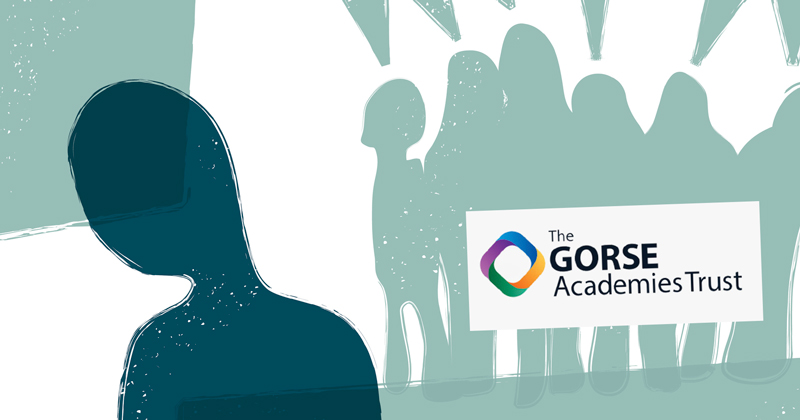Leeds, UK – Sir John Townsley, Chief Executive of the Gorse Academies Trust, has issued a stark warning about the growing impact of poor parental conduct on English secondary schools, calling it “the greatest single problem facing our education system today.”
Gorse Academies Trust CEO Warns of Parent Behaviour Crisis Undermining Secondary Schools
In a recent article published in The Telegraph, Sir John highlighted the escalating challenge of disruptive student behaviour, which he attributes in part to a “powerful minority of parents” who actively defend misconduct and undermine the authority of teachers.
“These parents, many of whom were themselves raised during a period of relaxed discipline in the late 1980s and early 1990s, have side-stepped the reality of tough love,” Sir John said. “Now, as adults, too many have become dreadful parents—quick to challenge schools, lodge formal complaints, and even pursue legal action in defence of unacceptable behaviour.”
According to Sir John, the consequences of this trend are severe. Teachers face declining morale, increased stress, and professional burnout, with many leaving the profession altogether. He warned that the behaviour crisis is particularly harmful to disadvantaged pupils:
“Children who have the least, whose families’ lives are characterised by privation, achieve disproportionately badly where behaviour standards are poor. Despite nearly £80 billion being invested since 2011 to improve disadvantaged pupils’ outcomes, progress remains stagnant.”
Sir John also pointed to cases where the special educational needs and disabilities (SEND) code has been “mercilessly manipulated” to shield disruptive behaviour, further exacerbating challenges for schools.
Previous Parent Disputes
This is not the first time Gorse Academies Trust has been embroiled in high-profile disputes with parents. In 2016, the Trust’s lawyers intervened after parents compared Sir John to a dictator on social media. More recently, a petition signed by over 2,100 people challenged the Trust’s mobile phone policy, and a high court case was brought over the use of isolation rooms. While a judge ruled the practice fell within legal bounds, it was described as “stigmatising” and “under-stimulating.”
In 2019, Ofsted downgraded The Farnley Academy from ‘outstanding’ to ‘requires improvement’ amid concerns over pupil moves and the use of isolation. The Trust later apologised, but it now boasts eight ‘outstanding’ schools and four rated ‘good’ across its portfolio.
National Context
Sir John’s intervention comes as Education Secretary Bridget Phillipson announced reforms to the school complaints system in the forthcoming white paper. The changes aim to set clear expectations for parent engagement while protecting staff from abuse.
Phillipson acknowledged shortcomings in the current system, pledging that the government will “guard against any mistreatment of our hard-working school staff, because there can never be any place for abuse.”
Her comments follow a surge in reported abuse against school leaders, including incidents of intimidation and physical aggression. Data from the Teaching Regulation Agency reveals misconduct referrals rose by more than 60 per cent in 2023–24, with over half submitted by members of the public.
Call for Systemic Change
Sir John urged policymakers and education leaders to confront the parental behaviour issue directly if meaningful improvements are to be made.
“This painful reality is seldom talked about but is now the greatest single problem facing secondary schools across our country today. System-wide improvement will not emerge until the system accepts and engages with this greatest of new challenges.”
credit: original article sourced on schoolsweek.co.uk




